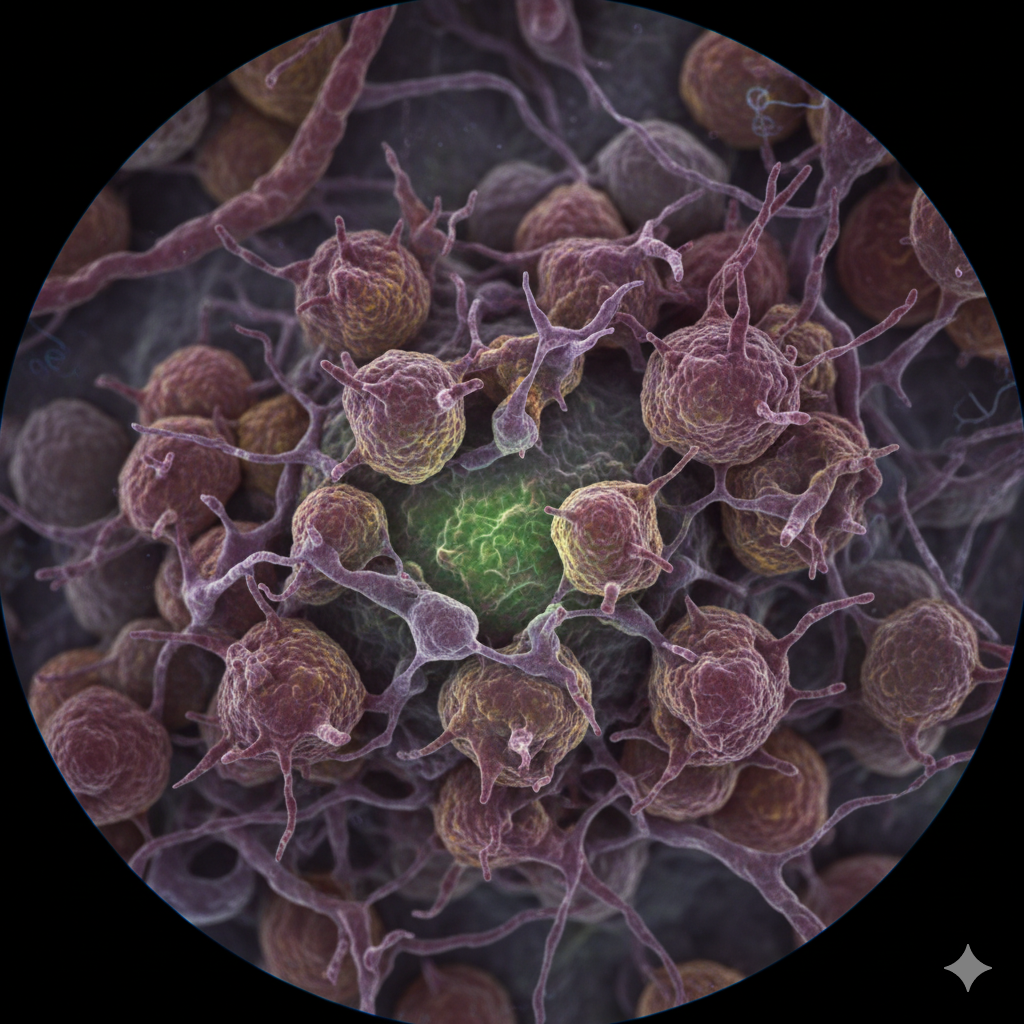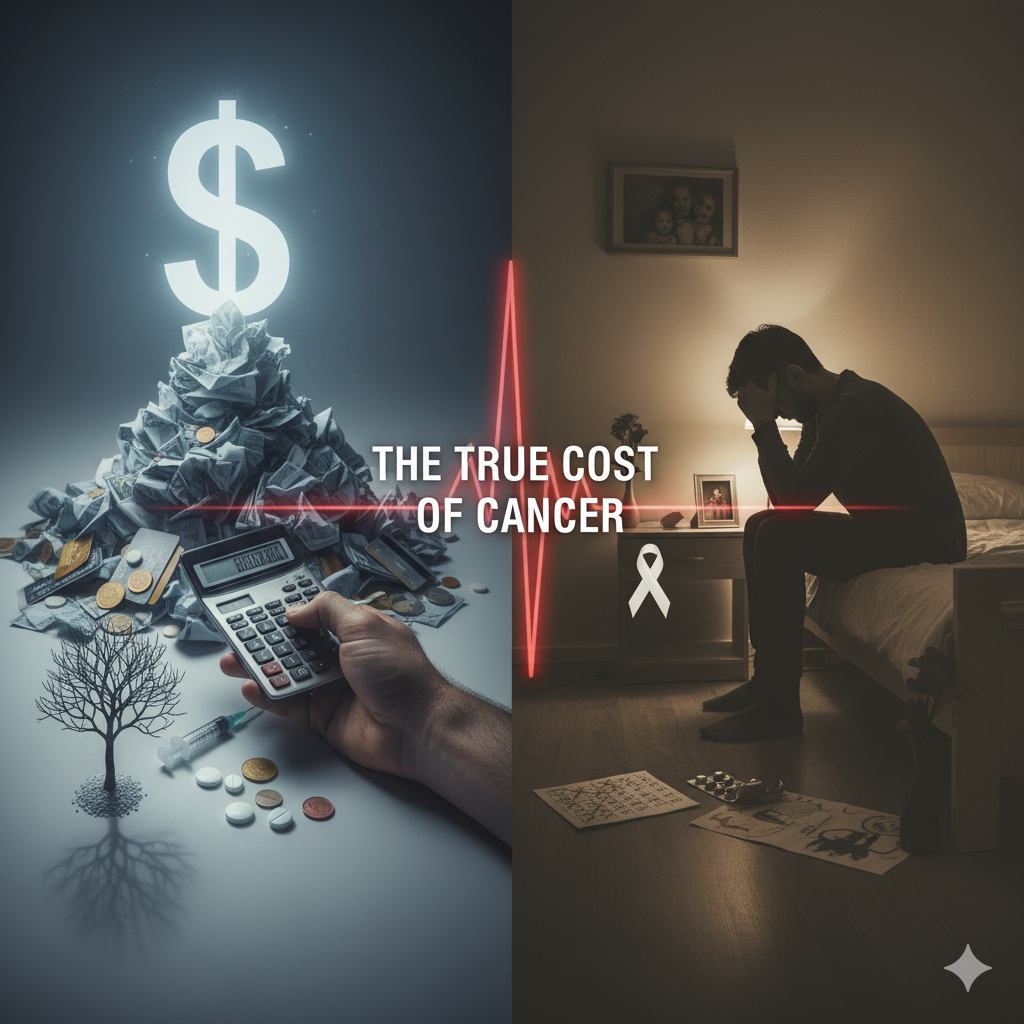
Cancer Recovery & Life After Treatment: Nutrition, Exercise, and Support
Completing cancer treatment marks a significant milestone, but recovery and life after treatment present new challenges and opportunities. The journey toward restored health, vitality, and quality of life involves more than medical follow-ups—it requires attention to nutrition, physical activity, emotional support, and ongoing wellness.
In 2025, evidence-based strategies integrating personalized nutrition, tailored exercise programs, and comprehensive support services help cancer survivors reclaim their well-being and reduce recurrence risks.
This guide outlines key components of cancer recovery and thriving life beyond treatment.
Nutrition for Cancer Recovery
A balanced, nutrient-rich diet is vital for healing, immune support, and energy restoration.
-
Emphasize Whole Foods: Fresh fruits, vegetables, whole grains, lean proteins (fish, poultry, legumes), and healthy fats (avocado, nuts, olive oil).
-
Manage Side Effects: Tailored diets help address treatment impacts like nausea, mouth sores, taste changes, or digestive issues.
-
Maintain Healthy Weight: Avoid undernutrition or obesity, both associated with poorer outcomes.
-
Hydration: Adequate fluid intake supports metabolism and detoxification.
-
Supplements: Should be personalized and taken under professional supervision to avoid interactions.
Emerging AI-driven tools in 2025 enable customized nutrition plans based on genetic and metabolic profiles, optimizing recovery.
Exercise and Physical Rehabilitation
Physical activity aids in regaining strength, reducing fatigue, improving mood, and enhancing cardiovascular and musculoskeletal health.
-
Start Gradually: Supervised, low-impact exercises such as walking, swimming, or yoga.
-
Individualized Programs: Oncology physiotherapists design plans accounting for treatment type, side effects, and overall health.
-
Build Endurance and Strength: Progressive resistance training to improve muscle mass and function.
-
Psychological Benefits: Exercise reduces anxiety, depression, and supports cognitive function.
Technologies like wearable devices and virtual coaching provide real-time monitoring and motivation in home and clinical settings.
Emotional and Social Support
Cancer recovery encompasses psychosocial challenges. Support systems improve resilience and quality of life.
-
Counseling and Support Groups: Professional therapy and peer networks offer coping strategies and community connection.
-
Family Engagement: Involving loved ones in care promotes emotional well-being.
-
Mindfulness and Stress Reduction: Meditation, breathing exercises, and complementary therapies aid mental health.
-
Survivorship Programs: Multidisciplinary clinics offer holistic care covering physical, emotional, and social needs.
Virtual support platforms enhanced with AI help connect survivors to resources and personalized guidance anytime.
Long-Term Follow-Up and Health Maintenance
Regular monitoring detects recurrences early and manages late effects of therapy. Survivors should:
-
Attend all scheduled oncologic and primary care visits.
-
Screen for secondary cancers and comorbidities.
-
Practice healthy lifestyle habits consistently.
-
Stay informed on vaccination updates and preventive care.
Conclusion
Life after cancer treatment in 2025 offers promising avenues for recovery and thriving through personalized nutrition, tailored exercise, and robust emotional support. Integrated survivorship programs and digital health innovations empower patients to optimize health, reduce recurrence risk, and embrace a fulfilling life.
By adopting these comprehensive strategies and working closely with healthcare teams, cancer survivors can navigate post-treatment challenges confidently and resiliently.










